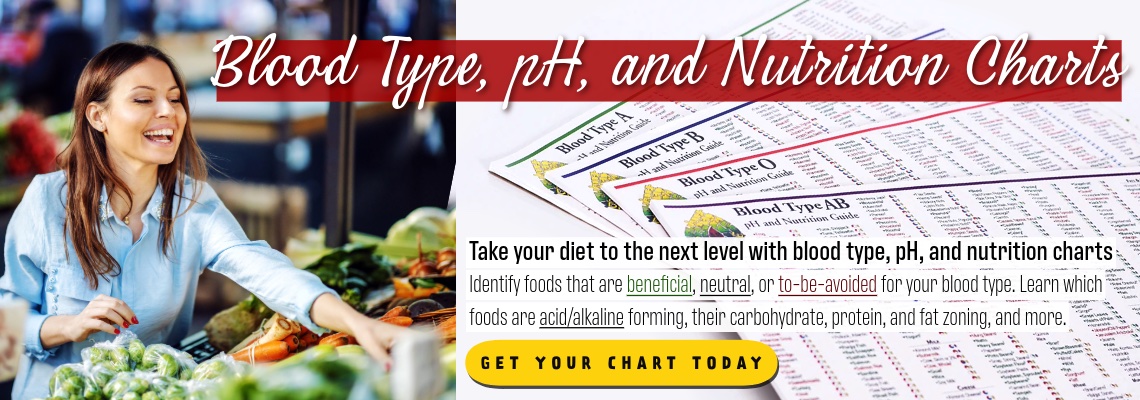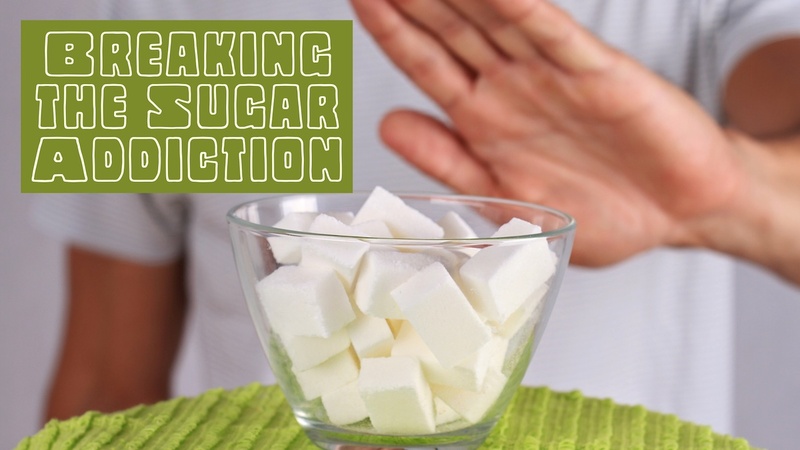
From my own experience, I can tell you that if you want to improve your health, the single most important thing you can do is eliminate refined sugar from your diet. This is easier said than done because refined sugar is highly addictive and so pervasive in foods and social situations that you really need to be diligent to avoid it. However, if you want greater mental clarity, a higher energy level, better weight management and general good health, you should eliminate (or at least drastically minimize) your intake of refined sugar. I'm convinced that you cannot regularly eat refined sugar and maintain optimal health, period!
Kicking the Sugar Habit
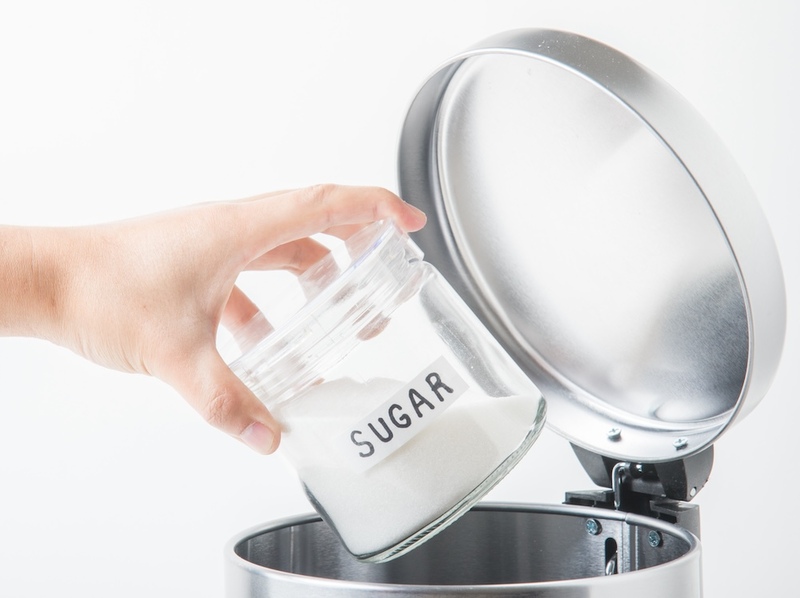 I think that the single biggest factor that improved my health came when I gave up refined sugar and processed grains in the early 1980s. Although I'd been minimizing my sugar intake for years, I was motivated to go cold turkey when an iridologist named Grace Larsen in Orem, UT told me I was pre-diabetic. At the time I didn't know why she said this, but now that I'm an iridologist I know—I had a lot of orange in my eye and I also have a lacuna on my pancreatic area.
I think that the single biggest factor that improved my health came when I gave up refined sugar and processed grains in the early 1980s. Although I'd been minimizing my sugar intake for years, I was motivated to go cold turkey when an iridologist named Grace Larsen in Orem, UT told me I was pre-diabetic. At the time I didn't know why she said this, but now that I'm an iridologist I know—I had a lot of orange in my eye and I also have a lacuna on my pancreatic area.
Giving up sugar helped me have empathy for people who are overcoming addictions of any kind. Growing up, I never smoked, used illegal drugs, drank alcohol, or consumed tea, coffee, or caffeinated sodas. This was due partially to my religious upbringing, but my family's standard was even stricter because my mom wouldn't let us drink caffeinated sodas.
I was obedient to these standards for a very long time. The first caffeinated beverage I drank, a Coca-Cola, was when I was 32 while visiting mainland China, and I only drank it because I was dehydrated and there was nothing else to drink. I eventually tried tasting wine when I was 40 and coffee at the age of 45.
The point in this is that I had a hard time understanding addiction until I tried to give up refined sugar. I didn't think I had any addictions. Boy was I wrong.
Sugar is Addictive
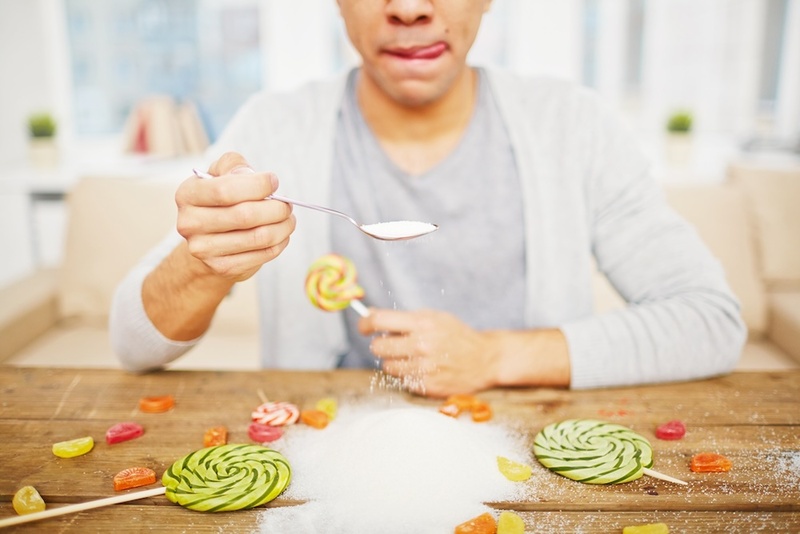 I believe that refined sugar is more like a drug than a food. It has been processed to the point that it's a lifeless chemical. And, I believe that because it took me three weeks of complete abstinence to get over the physical withdrawal symptoms.
I believe that refined sugar is more like a drug than a food. It has been processed to the point that it's a lifeless chemical. And, I believe that because it took me three weeks of complete abstinence to get over the physical withdrawal symptoms.
I learned from my experience quitting sugar that getting past the physical addiction is only 25% of the battle. The psychological and social aspects of the addiction where much harder for me to get past.
It took me at least a year, perhaps two, to overcome the social/psychological addiction to sugar. The social addiction comes because sugar is such a social thing. It was especially true in the culture I was in. If you don't smoke, drink, etc., what do you do? The answer, eat sugar and chocolate. I was amazed at how offended one of my friends was one day when I politely said “no thank you” to a piece of chocolate cake. I could see why people who are trying to quit smoking or drinking often have to change their circle of friends.
The psychological addiction comes because we've been trained since childhood to reward ourselves with sugar and to use sugar as a medication when we feel hurt or sad. Birthday parties, holidays, and celebrations of all kinds revolve around sugar. How many well-meaning parents offer sugary treats to their children when they are crying or upset? I even wrote a poem about eating cookies to stop crying when I was twenty.
Sugar gets psychologically associated with having a good time and receiving comfort from others. So, you feel you're depriving yourself when you turn it down and that doesn't feel good.
Handling the Urge to Binge
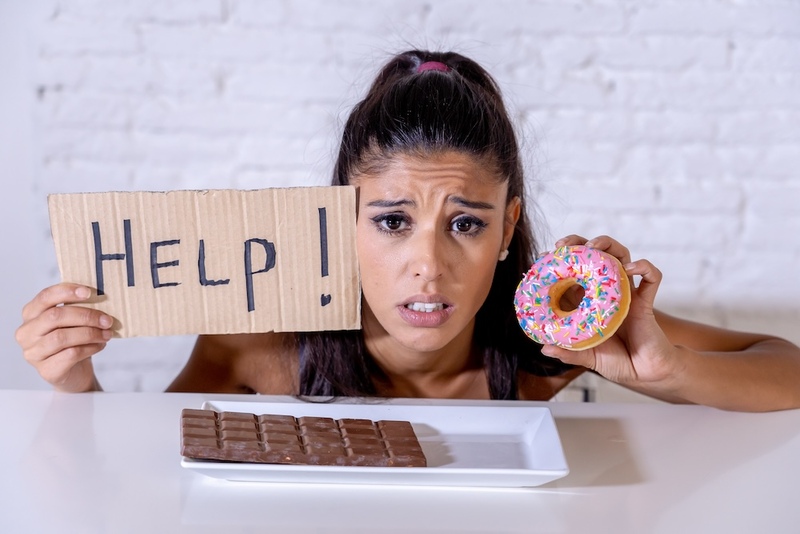 Fortunately, I was working at that time with Dr. C. Samuel West, who preached (and preached is the correct word) against the evils of sugar and refined grains. He said that you should avoid the stuff and focus on eating healthily, but he also said that if you got the urge to binge, do it with gusto because if you've been eating right long enough, the stuff will immediately make you sick. He was right.
Fortunately, I was working at that time with Dr. C. Samuel West, who preached (and preached is the correct word) against the evils of sugar and refined grains. He said that you should avoid the stuff and focus on eating healthily, but he also said that if you got the urge to binge, do it with gusto because if you've been eating right long enough, the stuff will immediately make you sick. He was right.
After I'd been off refined sugar for at least one month, I would occasionally let myself binge. The sugary treats always looked fun and appealing, but I'd always feel worse afterward. This made it easier to avoid the next time. The moment it really changed for me was when one day when I suddenly got the urge for some donuts. I went to the local donut shop and picked out three that looked good. When I sat down and took a bite, however, they tasted like white flour, sugar, and shortening. I was so used to eating whole foods that they tasted awful to me. I didn't have problems being tempted after that.
When there were company parties and everyone was having cake and ice cream I just didn't have any. One of my fellow employees commented, “You have a lot of willpower.” I told her that willpower didn't have anything to do with it. If you don't like broccoli does it take willpower to turn it down? The stuff had completely lost its appeal. I was too addicted to the good feeling I had when I didn't eat it.
Lifting the Mental Fog
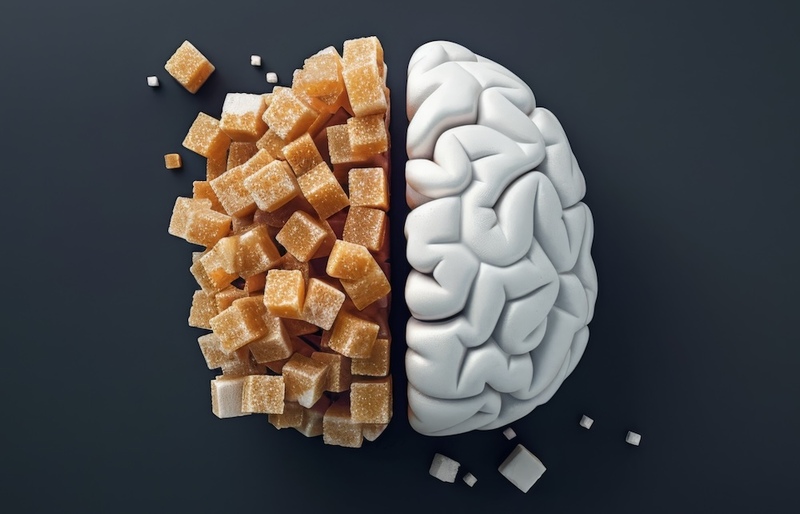 Which brings me to the other thing I learned when I gave up sugar. I felt like a fog had been lifted from my brain and I could think clearly. I also felt closer to God. For about 8-10 years I avoided refined sugar like a recovered alcoholic avoids alcohol. I just didn't like the way it made me feel when I ate it. This was one of the best periods of my life in terms of productivity and learning. Then, because of some emotional struggles, I relaxed my attitude. I began to socially indulge again.
Which brings me to the other thing I learned when I gave up sugar. I felt like a fog had been lifted from my brain and I could think clearly. I also felt closer to God. For about 8-10 years I avoided refined sugar like a recovered alcoholic avoids alcohol. I just didn't like the way it made me feel when I ate it. This was one of the best periods of my life in terms of productivity and learning. Then, because of some emotional struggles, I relaxed my attitude. I began to socially indulge again.
The mental fog that crept in was slow but steady. I wasn't eating that much sugar, but I did notice a difference. Now, I'm working back towards a total avoidance of refined sugar because I again developed dysbiosis (SIBO) and want to eliminate it. This time I'm even trying to minimize my use of natural sugars like honey and raw sugar. My head feels clearer, my digestive system works better and I'm more productive when I stay away from the white-sugar drug.
I believe it's partly a vibrational thing. Refined sugar is a completely dead food vibrationally. Unprocessed honey, while very similar chemically, is still a live food and vibrates at a higher frequency. While it's still not good to eat too many sweets, even ones that are sweetened with natural sugars, I find that the mental clarity is still there because they have more “light and life” in them.
If you doubt my assertion that sugar is a drug, then I challenge you—give it up completely for just three weeks. You might be amazed by what the experience will teach you.
Helps for the Recovering Sugar Addict
Fortunately, I've had a lot of experience in helping other people reduce or eliminate refined sugar in their diet since the days I quit sugar. So, I know some tricks that make giving up the sugar addiction easier.
Suggestion #1: Eat a Good Breakfast
 First, what you eat in the morning helps set your metabolism for the rest of the day. If you start the day with refined carbohydrates or even whole grains you start your body on a carbohydrate-burning cycle that will make you crave carbohydrates throughout the day. So, start your day with some high-quality fat and protein. I'm talking about eggs, nut butters, avocados, protein powder smoothies (as long as they don't contain refined sugar), superfood powders, and/or meat.
First, what you eat in the morning helps set your metabolism for the rest of the day. If you start the day with refined carbohydrates or even whole grains you start your body on a carbohydrate-burning cycle that will make you crave carbohydrates throughout the day. So, start your day with some high-quality fat and protein. I'm talking about eggs, nut butters, avocados, protein powder smoothies (as long as they don't contain refined sugar), superfood powders, and/or meat.
Your hydrochloric acid levels are highest in the morning, suggesting that morning is the best time to consume heavy proteins. So, think outside the box a little here. If you like steak, you're better off eating it for breakfast and not dinner. I've eaten leftover Mexican food or Indian curries for breakfast. You can even have beans. The main point is that breakfast should be the meal that has the most protein and fat, while dinner should be lighter with more complex carbohydrates as carbohydrates help increase serotonin levels in the brain to promote sleep.
You can also eat a spoonful of coconut oil first thing in the morning. The fat will help kick your body into fat-burning, rather than carbohydrate-burning mode. Coconut oil has the added benefit that the medium chain fatty acids it contains also help your immune system and combat intestinal yeast.
Suggestion #2: Supplements Can Reduce Cravings
Second, there are some great supplements you can take which help reduce sugar cravings. My favorite is licorice root. I have people take two at breakfast, two at lunch and two more about 3:00 in the afternoon when they have an energy slump. If they have high blood pressure, however, they shouldn't take licorice root. An algae blend is another great supplement for reducing sugar cravings. Take it the same way as the licorice root. The two work great together.
Where a person craves sugar and caffeine (sodas, coffee, or black tea) I have found the combination of licorice root (taken as directed above) and an algae blend containing spirulina, blue-green algae, and chlorella to be very helpful in building energy levels and reducing these cravings. An Adrenal Tonic formula or an Adaptogenic Formula may also be helpful if they suffer from fatigue and/or insomnia.
Suggestion #3: Replace Refined Sugar with Natural Sugars
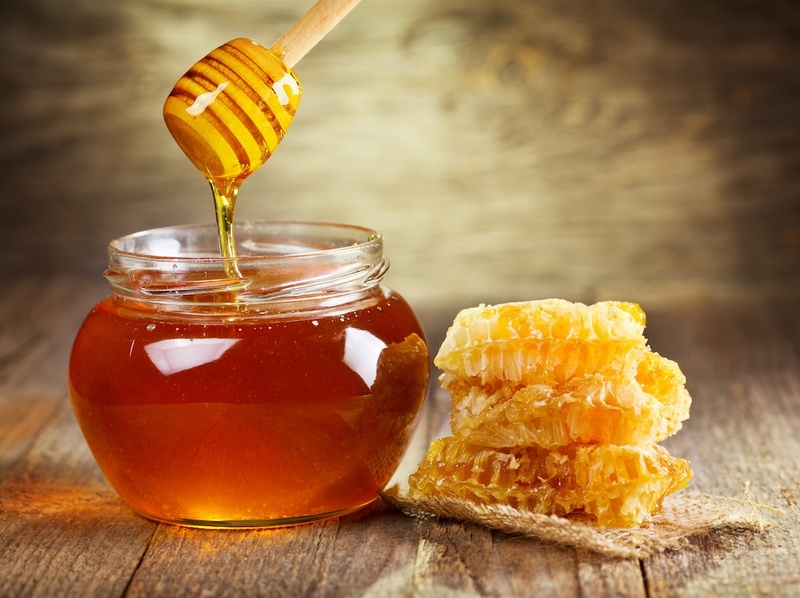 Third, substitute natural sugars for refined sugars. Use raw honey, fresh or canned fruits (without refined sugar of course), freeze-dried sugar cane juice (Sucanat), dark brown organic sugar, barley malt, molasses, and xylitol as substitutes for refined sugar in baking, drinks, etc. These unrefined sugars still have nutrients that help your body process the sugar. Once you start eating goodies made with natural sugars, whole grain flour, and other healthy ingredients you'll never want to go back to those blah whites again.
Third, substitute natural sugars for refined sugars. Use raw honey, fresh or canned fruits (without refined sugar of course), freeze-dried sugar cane juice (Sucanat), dark brown organic sugar, barley malt, molasses, and xylitol as substitutes for refined sugar in baking, drinks, etc. These unrefined sugars still have nutrients that help your body process the sugar. Once you start eating goodies made with natural sugars, whole grain flour, and other healthy ingredients you'll never want to go back to those blah whites again.
Look for healthier versions of recipes that use these substitutes because I've found that being able to make something that satisfies that sweet tooth with a more wholesome treat is a necessary step to getting away from sugar.
People who craved sweets and refined sugar and started eating some of my homemade treats with whole grains and natural sugars, find the other stuff doesn't even appeal to them anymore. This is typical of what happens when you make the switch. Your body starts getting the nutrients it needs to process the sugars and your energy improves, you feel better and your cravings gradually diminish.
Xylitol can be very helpful in this process, too. Xylitol is a refined sugar, but it has a different chemical make-up than table sugar (sucrose). It can be used exactly like sugar to sweeten foods, but it won't make bread rise because it kills yeast and it won't crystalize for making candy. It is a low glycemic carbohydrate, so it doesn't spike blood sugar levels. It kills yeast and the bacteria that cause gum disease and tooth decay, too. But, one of the best properties of xylitol is that it also reduces cravings for sugar.
The only problem with xylitol is that it causes diarrhea in some people. This is probably due to the fact that it alters the intestinal flora by killing off yeast and harmful bacteria. If you start introducing it into your diet gradually, you shouldn't have a problem with it as these intestinal changes will take place more gradually.
Suggestion #4: Find Other Ways to Make Your Life Sweet
 My final tip for getting rid of the sugar habit involves the psychological addiction to sugar. Craving sugar can be a sign of craving sweetness in your life. It involves the energy of the pancreas which is tied up with the desire to experience pleasure. If you crave sugar, you may also be craving pleasure and joy in your life. You are trying to feed this need with food, which doesn't work.
My final tip for getting rid of the sugar habit involves the psychological addiction to sugar. Craving sugar can be a sign of craving sweetness in your life. It involves the energy of the pancreas which is tied up with the desire to experience pleasure. If you crave sugar, you may also be craving pleasure and joy in your life. You are trying to feed this need with food, which doesn't work.
One of the simplest things you can do to satisfy this need for pleasure is to slow down and savor what you eat. Even if you're eating something with refined sugar, slow down and take time to experience and savor the flavor, texture, and color of each bite. You may find that this alone creates a feeling of satisfaction that causes you to eat less sugar.
You can also find other ways to create pleasure for yourself every day. Take a walk. Get a massage. Listen to some beautiful music. Make love. Take a warm bath with Epsom salts and 10-12 drops of your favorite essential oils. Smell the flowers. Enjoy the sunset. Find ways to experience beauty and pleasure in your life and this will feed that inner need for sweetness better than sugar.
There are some flower essences and essential oils I've found helpful here, too. Zinnia is one of my favorites for this issue. It helps a person reconnect with the joy of childhood—to find delight and pleasure in the world again. Honeysuckle is another helpful remedy. It overcomes nostalgia and a longing for the good old days. Honeysuckle essential oil that does the same thing. It helps a person find joy in their present life. Nasturtium is another useful remedy for people who are overly dry and intellectual and lack a good sense of humor.
Coconut oil is also helpful for reducing sugar cravings. It gets the body in fat-burning mode. But even the smell of coconut has a playful energy about it. I've used a perfume oil called Sudanese Coconut to help people get more in touch with their playful side.
Even humor, by itself, can help reduce sugar cravings. Listen to something funny. Do something silly. Laugh at yourself. This will bring more sweetness into your life so you don't need to use sugar as a substitute.
It's not easy to get over the addiction to refined sugar, and even after you've done it, it's very easy to let it creep back into your diet. However, it's worth it. You will think more clearly, have more energy and feel better overall if you do. Probably half your health problems will disappear in the process, too. Don't continue to feel bad. Kick the sugar habit today!
Steven's Articles
December
-

-
The Evidence for Berberine
A yellow alkaloid found in traditional infection-fighting…
-

-
The Sensible Use of Caffeinated Herbs
Kola nuts, guarana, and yerba mate and other herbs…
-

-
The Health Benefits and Problems with Coffee
This popular caffeinated beverage can be beneficial…
October
-

-
Understanding Caffeine & Cellular Adaptation
Preserving the power of caffeine's buzz and the…
September
-

-
Horseradish
A pungent spice for aiding protein metabolism…
-

-
Banaba or Crepe Myrtle
A beautiful tree from Southeast Asia whose leaves…
August
-

-
Monkeyflowers
Flower essences to help see ourselves more clearly…
-

-
Mariposa Lilies
Strengthening the bond between mother and child…
-

-
The Noble Bay Leaf
A common kitchen herb for aiding digestion and…
-

-
Epimedium: Horny Goat Weed
A circulatory stimulant and kidney yang tonic…
July
-

-
The Medicinal and Nutritional Benefits of Apricots
A nutritious fruit and valuable medicinal seed for coughs
-

-
Dogwoods
Asian dogwood is used to stop excessive discharge,…
June
-

-
Neem: The Village Pharmacy
A popular Ayurvedic remedy for dental and immune…
-

-
Spilanthes: The Toothache Plant
A traditional remedy for teeth and gums, as well…
-

-
Forsythia
An anti-inflammatory, fever-reducing, and infection fighting herb

